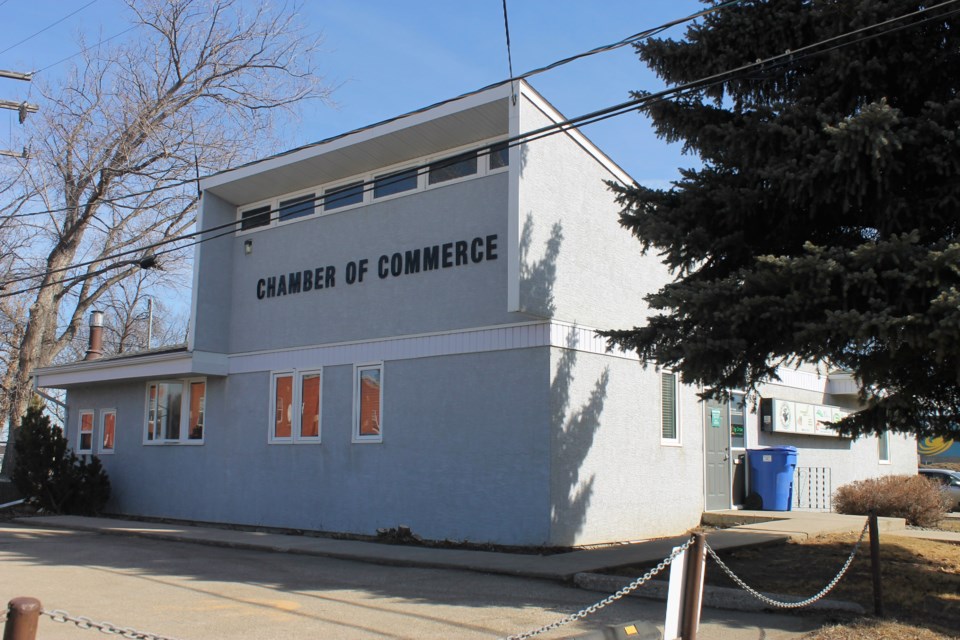The federal government’s 2021-22 budget lays out $101.4 billion in new spending to stimulate the economy post-pandemic, including additional subsidies for businesses and workers that Moose Jaw’s chamber of commerce appreciates seeing.
The federal Liberals plan to spend $32.1 billion during the next five years on economic relief plans. This includes $10.1 billion for the Canada Emergency Response Benefit, $1.9 billion for rent subsidies and lockdown supports, and $78 million for the Canada Emergency Business Account.
The budget also includes spending $19.8 billion over five years to support workers, including employment insurance, other recovery benefits, and support for seasonal workers.
Set to expire in June, the supports will now be available through September, as will the Canada Recovery Benefit, aimed at people who are not covered by employment insurance (EI). However, the $500-a-week support will decrease to $300 per week after July 17.
The federal budget will increase the national debt to $1.4 trillion by 2026, increasing from $721 billion before the pandemic.
Even though spending is high and the deficit is expected to be $354.2 billion, there are many positives in the budget to help businesses exit the pandemic, said Rob Clark, CEO of the Moose Jaw & District Chamber of Commerce. The fact the federal government is extending relief funds for wage and rent subsidies is likely the most important feature for the business community.
“The rent subsidy I don’t hear a lot about, but … I know a lot of businesses in the community used the wage subsidy, which kept them still viable and still in operations,” he continued. “With the extension of them, that’s probably going to be a big support moving forward as well.”
While Clark did not have any data on how many Moose Jaw businesses accessed the wage subsidy, he believes the number was “pretty high.” He recalls that when the federal government created the wage subsidy last year, the chamber received many calls from members asking how those supports could help them.
Before the variants of concern arrived in Moose Jaw recently, many businesses were optimistic about the future since the end seemed in sight, Clark continued. However, these variants have “taken the wind out of their sails.”
Even with variants of concern, there is still plenty of things to be positive about, he pointed out. This includes the construction of the SaskPower Great Plains Power Station, the new Canadian Tire development and the joint-use school on South Hill.
SaskPower staff have told the chamber during its weekly Zoom meetings that the Crown corporation wants to become more involved as construction proceeds. The initial landscaping happening now employs about 150 people, while construction of the plant will bring in roughly 500 people over the next few years.
SaskPower expects the power plant to become operational on Jan. 1, 2024. Canadian Tire’s development could be built by 2023, while the new joint-use school is expected to be open by 2024.




